Spring Gardens Are Blooming — Here's What to Do in April
http://decor-ideas.org 03/31/2015 15:13 Decor Ideas
Colder climates may still be shrugging off winter, but most gardeners are excited to be back to work by April. Dry summers in California and the American Southwest call for drought-tolerant plantings and water-wise practices. Butterflies signal spring's return in the Great Lakes region and elsewhere, while flowering native trees make their presence known in the Northeast. In Texas and the Southeast, warming temperatures mean everything from herbs to vegetables to annuals can be sown from seed. Here's what to do in your garden, by U.S. region, this April.
Find your April garden checklist:
California | Central Plains | Great Lakes | Mid-Atlantic | Northeast
Pacific Northwest | Rocky Mountains | Southeast | Southwest | Texas
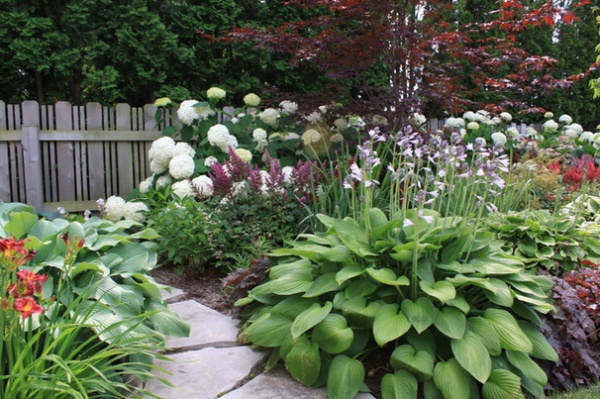
Northwest. "You'll want to protect your new starts and seedlings from the ravages of snails and slugs," writes landscape designer Genevieve Schmidt. "It’s also smart to protect the shoots of emerging perennials, which are susceptible to damage. lilies and Canterbury bells can all benefit from spring applications of organic snail bait."
Get her Pacific Northwest April checklist
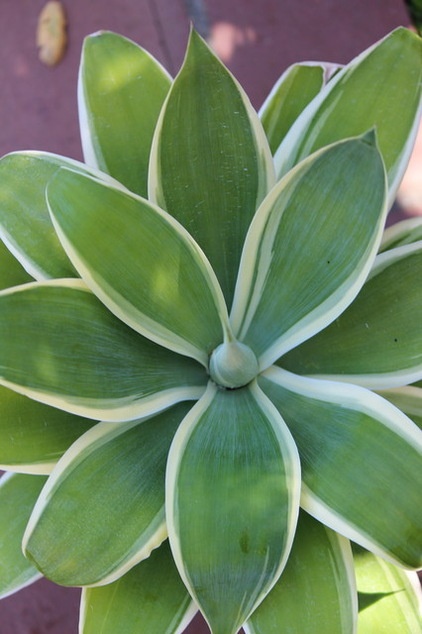
California. The recent San Francisco Flower & Garden Show was loaded with the new breed of climate-appropriate plants," notes garden editor Bill Marken. "One of the most eye catching was Agave attenuata 'Ray of Light', with white-trimmed, light green leaves in sculptural symmetry."
Get his California April checklist
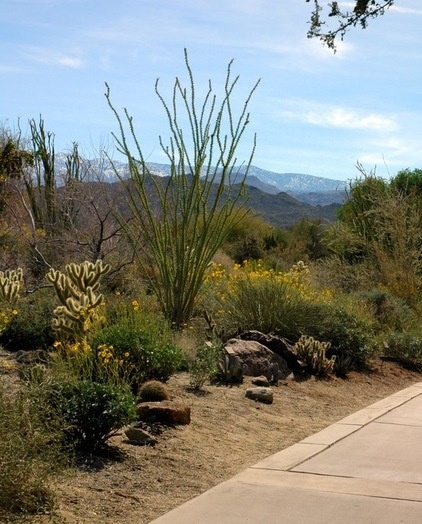
Southwest. "As temperatures rise, so do the water requirements of plants," writes Arizona horticulturalist Noelle Johnson. "Watering schedules need to change with the season. How deeply you water is also important."
Get her Southwest April checklist
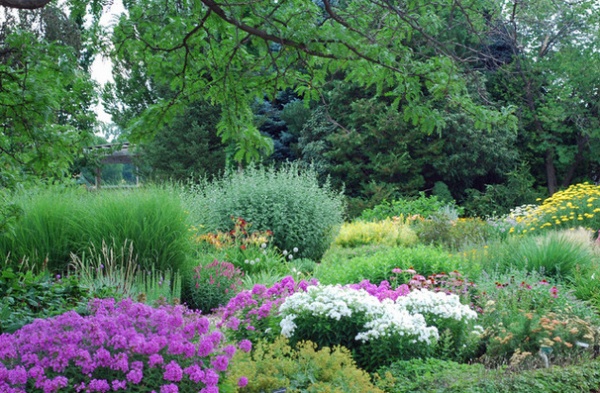
Rocky Mountains. "Transplant or divide crowded perennials when new growth emerges," suggests Colorado landscape designer Jocelyn Chilvers. "Summer and fall bloomers like asters, hummingbird flower (Zauschneria spp), Maximillian sunflower (Helianthus maximiliana), gayfeather (Liatris spp), tall garden phlox (Phlox paniculata), coneflower (Echinacea spp) and ornamental grasses may need attention."
Ger her Rocky Mountains April checklist
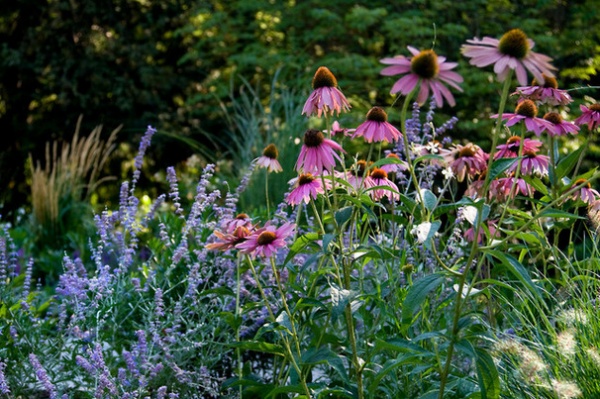
Texas. "Almost any plant easily grown from seed can be sown this month," says landscape designer Jenny Peterson. "Be sure to check the planting directions on the backs of the seed packets to know the proper planting depth for each seed type."
Get her Texas April checklist
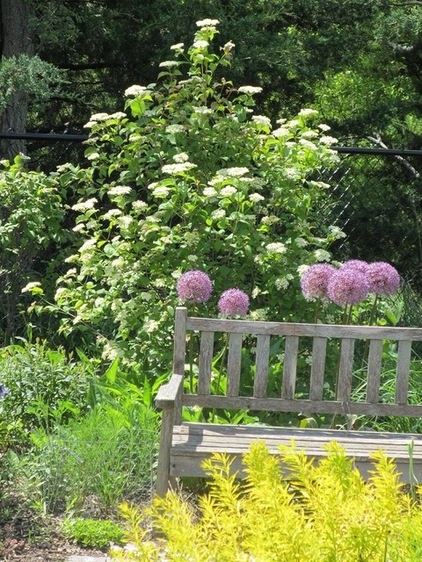
Central Plains. "Resist the urge to prune spring-blooming shrubs, like viburnum, dogwood and spiraea, since they bloom on old growth and not new," says Nebraska garden consultant Benjamin Vogt. "Once they're done blooming and setting fruit, you can prune if you need to."
Get his Central Plains April checklist
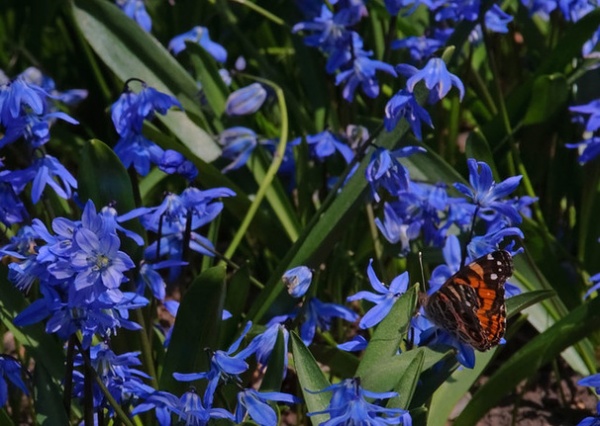
Great Lakes. "Butterflies make their first appearance in April, such as this painted lady on squill (Scilla siberica)," says Illinois garden coach Barbara Pintozzi. "Leave bare small areas of slightly depressed soil in the garden where butterflies can drink from mud puddles. Allow some native violets (Viola sororia) to remain in the lawn for frittilary butterflies to use as host plants."
Get her Great Lakes April checklist
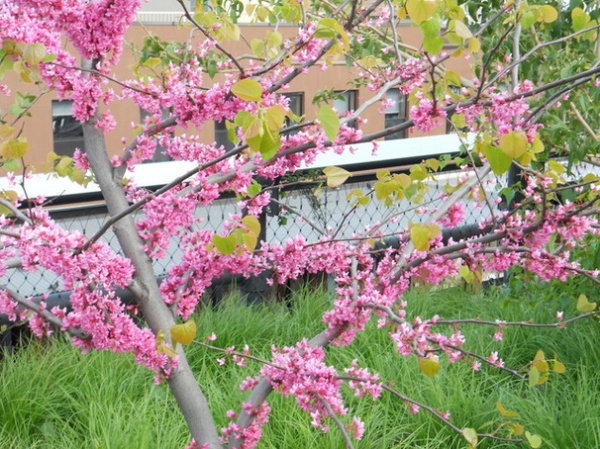
Northeast. "One of my favorite native trees for the northeast is Eastern redbud (Cercis canadensis)," writes Vermont landscape consultant Charlotte Albers. "The unusual magenta buds open directly on branches before the leaves emerge at this time of year, and the leaves are heart shaped (cordate). Grow this small tree in full sun as a focal point, in an open setting or along the edge of a woodland for visual interest in early spring."
Get her Northeast April checklist
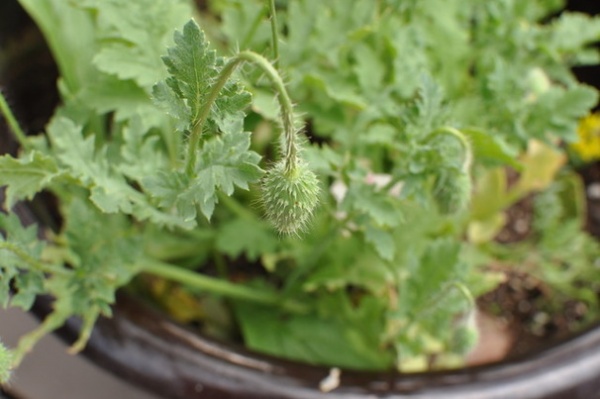
Mid-Atlantic. "April is the time to stay out of the garden for the most part," suggests Amy Renea. "If the rains are heavy, don't step on your garden beds, or you will compact the soil and possibly even take out small plants trying to emerge. Be careful while weeding, as many baby plants look very similar to their weedy cousins."
Get her Mid-Atlantic April checklist
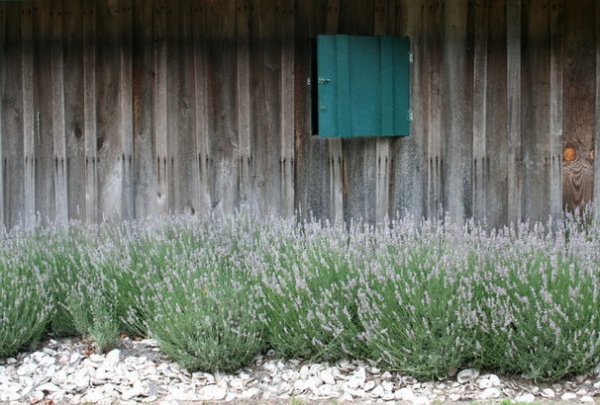
Southeast. "Plant annual herbs such as basil after the season's final frost," says North Carolina garden writer Helen Yoest. "Biannuals such as parsley and perennial herbs such as rosemary, chives, thyme and mint can all be planted now."
Get her Southeast April checklist | See more regional gardening guides
Related Articles Recommended












